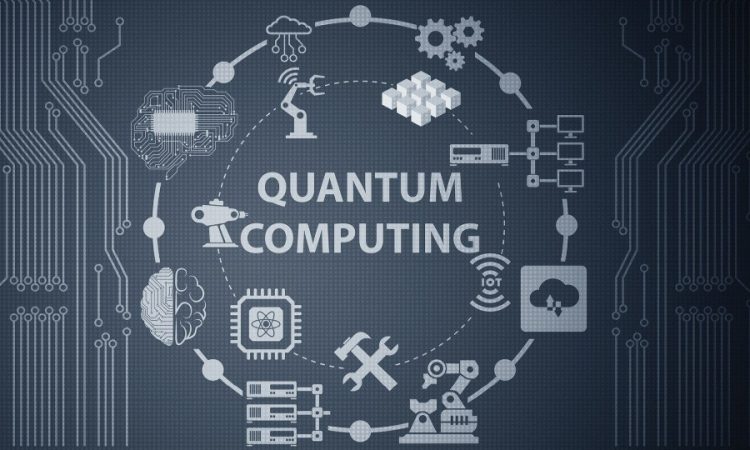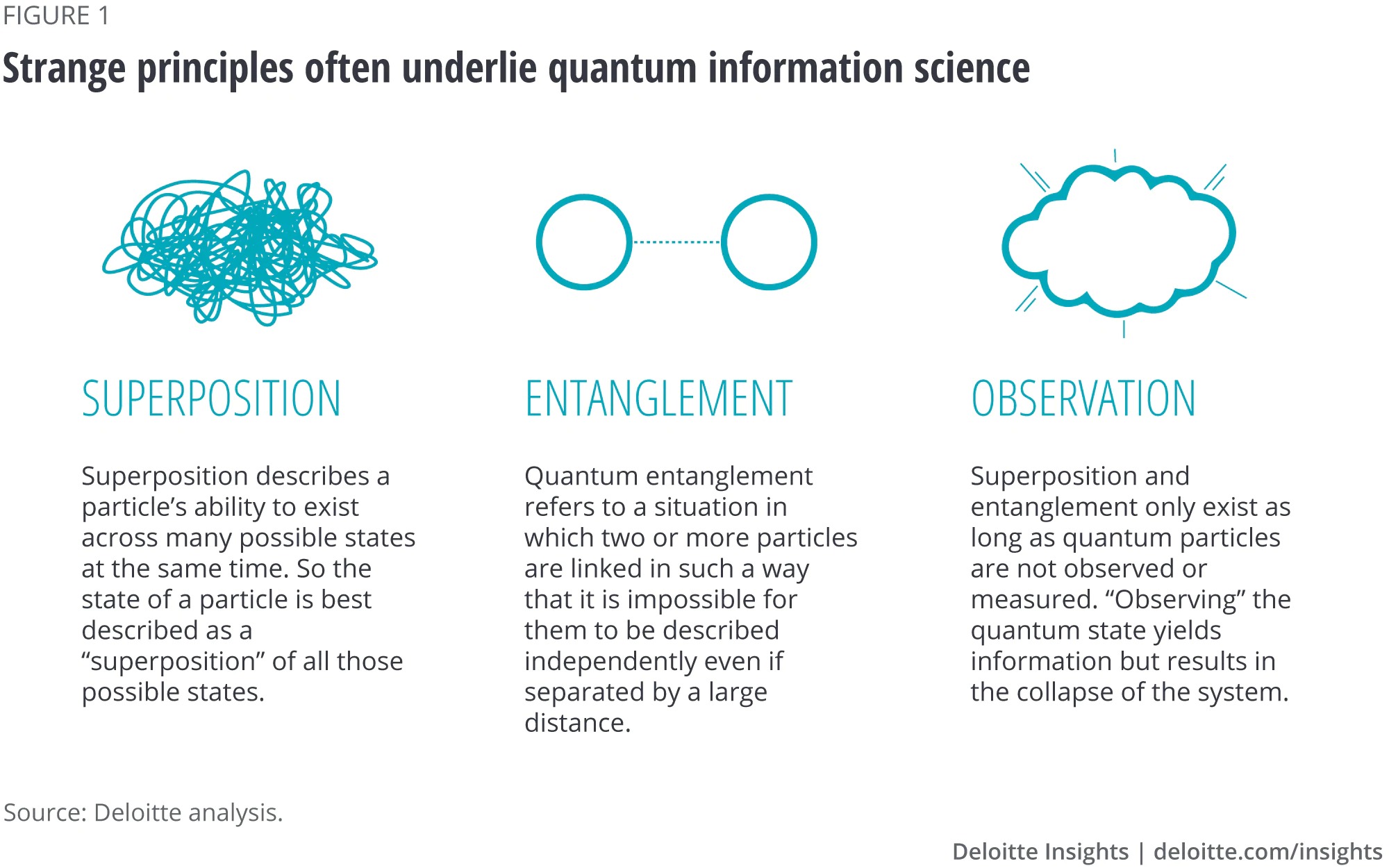Introduction:
In the realm of computing, quantum technology represents a paradigm shift of monumental proportions. Harnessing the principles of quantum mechanics, quantum computing offers the promise of exponential computational power, revolutionizing our approach to complex problems and unlocking new frontiers in science, technology, and beyond. In this blog post, we'll delve into the fascinating world of quantum computing, explore its underlying principles, and examine its transformative potential across various domains.

Understanding Quantum Mechanics:
Quantum mechanics, the branch of physics that governs the behavior of particles at the atomic and subatomic levels, is the foundation upon which quantum computing is built. Unlike classical computing, which relies on binary bits (0s and 1s) to represent information, quantum computing leverages quantum bits, or qubits, which can exist in multiple states simultaneously thanks to the phenomenon known as superposition. Additionally, qubits can be entangled, meaning the state of one qubit is intrinsically linked to the state of another, regardless of the distance between them.
Principles of Quantum Computing:
Superposition: Qubits can exist in a superposition of states, representing both 0 and 1 simultaneously. This allows quantum computers to perform multiple calculations in parallel, leading to exponential computational speedup for certain types of problems.
Entanglement: Qubits can be entangled, enabling them to share information instantaneously regardless of distance. This phenomenon allows quantum computers to perform complex computations by leveraging interconnected qubits.
Quantum Interference: Quantum computers exploit interference patterns to amplify correct answers and cancel out incorrect ones, increasing the likelihood of obtaining accurate results.

Potential Applications of Quantum Computing:
Cryptography: Quantum computers have the potential to break traditional cryptographic algorithms, such as RSA and ECC, by leveraging their immense computational power to factor large numbers efficiently. This has spurred interest in developing quantum-resistant cryptographic techniques to secure sensitive information in the post-quantum era.
Optimization: Quantum computers excel at solving optimization problems, such as route optimization, portfolio optimization, and materials design. By exploring vast solution spaces simultaneously, quantum algorithms can find optimal solutions much faster than classical methods.
Drug Discovery: Quantum computing holds the promise of accelerating drug discovery and development processes by simulating molecular interactions and predicting molecular properties with unprecedented accuracy. This could lead to the discovery of new drugs and therapies for treating various diseases.
Machine Learning: Quantum machine learning algorithms leverage the power of quantum computing to process and analyze large datasets more efficiently, enabling faster training of machine learning models and more accurate predictions.

Conclusion:
As quantum computing continues to advance rapidly, its impact on society, science, and technology is poised to be transformative. From revolutionizing cryptography and optimization to accelerating drug discovery and machine learning, quantum computing holds the potential to tackle some of the most challenging problems facing humanity. By unlocking the mysteries of quantum mechanics and harnessing the power of quantum technology, we stand on the brink of a new era of computing, where the impossible becomes possible, and the unimaginable becomes reality.

